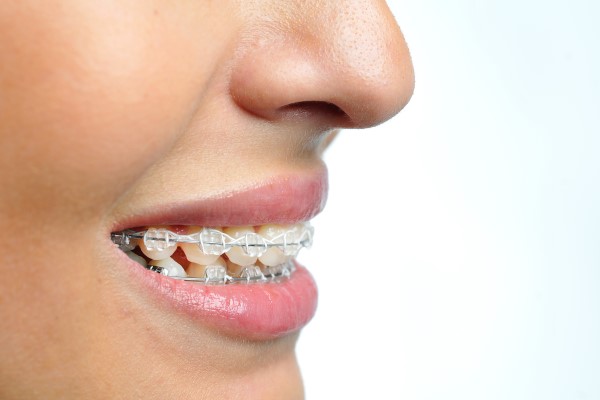A Family Dentist Explains What Causes Cavities

Do you think you have a cavity and are looking for a family dentist to help? Having cavities is one of the most common health problems in the world, especially among children and teenagers. If left untreated, cavities can cause bigger oral health problems like infection, severe toothaches and tooth loss.
What causes cavities?
By definition, cavities are the damaged parts of the surface of your teeth that develop into small holes. Cavities, which are also known as caries, are caused by the combination of poor oral hygiene, frequent snacking, sugary drinks and the bacteria in your mouth.
Fortunately, cavities can be treated by practicing good oral hygiene, which means brushing your teeth at least twice a day, flossing regularly and making regular visits to your family dentist.
Cavities are caused by the decay of your tooth, which happens over a long period of time. The process starts with plaque, which is the filmy substance on the surface of your teeth caused by the bacteria in your mouth feeding on the starch and sugars you consume.
The plaque on your teeth contains acids that gradually weaken your enamel and create tiny holes in it. As the tooth decay continues, the bacteria and acids move on to the pulp of the tooth, which contains blood vessels and nerves. The irritation of the pulp by the acids and bacteria leads to swelling, which continues to expand and cause pain.
Symptoms of cavities
There are no symptoms of cavities in the early stages, which makes it hard to know that you have cavities unless you go to your family dentist for regular checkups. As the hole gets bigger, you will experience a few symptoms, including:
- Sensitive teeth
- Pain when you chew food
- Staining on the surface of a tooth
- Visible holes in your teeth
- Toothaches
Preventing cavities
Since cavities can lead to the loss of your teeth if left untreated, prevention is the best cure, which is why your family dentist can provide some tips on how to prevent cavities, which include:
Brushing with fluoride toothpaste
Fluoride is very effective in preventing cavities, which is why your family dentist tells you to use fluoride toothpaste when you brush your teeth. You should try to brush after every meal, but if you cannot do so, rinse your mouth with water or mouthwash shortly after eating and chew a piece of sugar-free gum.
Drink plenty of tap water
The public water in most cities in the United States contains fluoride, which means you can strengthen your enamel by consuming plenty of tap water.
Get regular dental examinations
Cavities can be difficult to spot by just looking at your teeth in the mirror and the decay will progress if it is left untreated. Regular trips to the dentist will help you spot the problem early, allowing you to begin treatment immediately.
Conclusion
Cavities can cause a lot of damage to your teeth and leave you in a lot of pain, which is why you need to brush your teeth regularly to reduce your chances of tooth decay. If you have some pain in your teeth but do not notice any cavities, schedule an appointment with your family dentist to make sure your mouth is cavity-free.
Request an appointment here: https://www.sunshinedentalcommerce.com or call Sunshine Dental Group at (323) 743-4273 for an appointment in our Commerce office.
Check out what others are saying about our dental services on Yelp: Family Dentist.
Recent Posts
Your child may have anxiety in advance of their first visit with a family dentist. You can help your child manage their nerves by learning what to expect during the visit and how you can prepare your child. This review offers insights into the process of your child’s first family dentist visit and what to…
Seeing a family dentist at least two times a year is one of the main ways to keep teeth healthy and gums in good condition. Every six months, the dentist can check to ensure there are no signs of gum disease, cavities, tooth decay, or other implications of compromised oral health. For parents, it is…
Preventive dentistry deals with dental procedures to prevent dental issues, and it is critical for anybody who wants to keep their natural teeth for the rest of their life. Dentists used to spend most of their time treating dental issues rather than preventing them.Due to people's overly busy schedules, it is easy to put off…
The role of preventative dentistry is to minimize the risk of future dental issues in patients. Read on to learn some tips that encourage the prevention of oral issues. If you have experienced and treated dental issues in the past, you will attest that it is better to prevent them from happening in the first…


